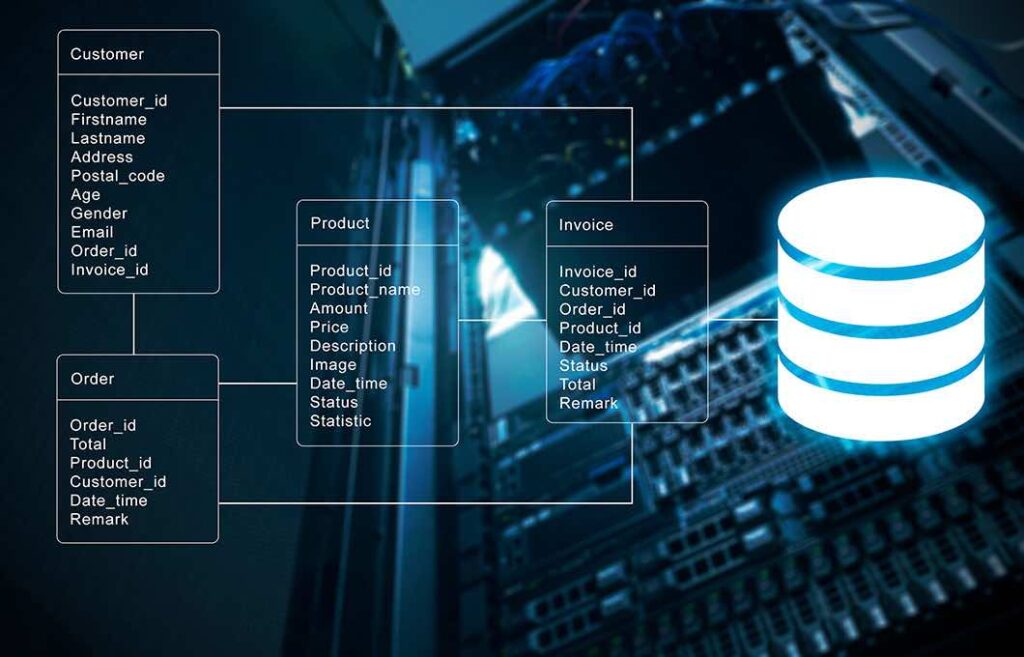
Anyone who has spent a day in the business world has had another company solicit them for a business product or service. Chances are this happens several times a day via email, phone or LinkedIn outreach. So what separates the good outreach from the bad? Personalization.
Personalization seems like a simple solution but, based on the number of companies that actually execute it successfully, that could not be farther from the truth. Why? Companies do not understand their ideal customer profile as well as they should. While this reflects some on the enterprise itself, it ultimately points directly to the effectiveness (or lack thereof) of marketing services organizations that support these efforts.
The truth of the matter is that marketing services organizations are not as sophisticated as they should be when it comes to data. They have an immense amount of data at their disposal but are too often limited by the type of data they can make use of. As a result, they are limited in the depth of intelligence they can provide businesses via their services.
For marketing organizations to improve the quality of their intelligence, they must embrace the unstructured data available to them. This means prioritizing the right approach to artificial intelligence (AI).
The Right AI Approach Keys Deeper Marketing Intelligence
For the enterprise to improve its personalization efforts, marketing services organizations must improve their customization efforts. Too many organizations are content to offer the same standard of services while few are taking steps to differentiate themselves and their value.
For example, many companies provide contact databases to fuel the sales and marketing efforts of the enterprise. How many of these databases provide information beyond name, company, email address and phone number? Very few. Instead, you have a barebones database that requires your valuable time and effort to flesh out.
Marketing companies are capable of better. They are simply being held back by their reliance on traditional machine learning-only models for their natural language processing (NLP) efforts. The additional layers of data that companies need in their contact databases are often hidden in unstructured data. To capture this information, marketing companies need to understand data in context. Without context, key data points like whether a company has a contact center are near impossible for a model to locate.
Core to the contextual understanding of language is symbolic AI. Under this approach, companies can leverage established knowledge to analyze text and extract specific information from it. This is particularly useful in situations where domain expertise is necessary to properly understand the language in a text. By having a subject matter expert establish domain-specific knowledge bases, a model can locate niche information with more precision and generate deeper insight for the end user.
How a Hybrid Approach Adds Value to Your Marketing Services
By applying symbolic AI to your marketing services, you instantly add a depth of knowledge that machines cannot achieve on their own. With that said, symbolic AI does not need to be a mutually exclusive approach either. In fact, marketing services organizations could benefit significantly from the balance of a hybrid AI approach.
Consider for a moment the marketing services of business intelligence and database development. You can fuel both services with machine learning, but as you aim to capture more complex information (e.g., data that relies on sequential information) pure machine learning becomes far less reliable. For those complex cases, symbolic AI can establish a set of relational rules that your ML model can use to extract information.
These complex data points are what add real value to your marketing service. Not only do they get companies closer to their ideal customers, but they provide them with ammunition to connect with customers beyond the surface level. And with a hybrid approach, you can capture this information at scale rather than researching the information yourself, one contact at a time.
Change in Mentality Comes Before Change in Technology
Marketing services organizations not only need to approach their technology differently, but their mindset as well. Companies have become complacent with the level of customization they offer their customers. Customers can select core data points from a menu that they want deeper insight into. However, they rarely have the freedom to explore more complex information.
Says Mark Feldman, CEO and founder of RevenueBase which delivers next-generation B2B data solutions for sales and marketing teams: “The ‘spray and pray’ approach that many marketing organizations take no longer works. Organizations that engage with buyers in a more personalized way will rise above the clutter and successfully generate revenue.”
The trickle-down effect of this approach is end users having limited information with which to engage their own customers. This can be detrimental in several ways:
- Companies spend valuable time targeting the wrong customers.
- Companies fail to stand out and engage their audience at various touchpoints.
Customers simply want a company to make them feel unique. They want companies to put in a modicum of effort to understand who they are and what they need. The better data a company has to work with, the better the first impression they can make with a customer.
Given the downstream nature of this process, the onus falls on marketing organizations to catalyze change in marketing intelligence. Better customization of services leads to deeper personalization efforts. Now is not the time to be a stranger. Make your data count.


